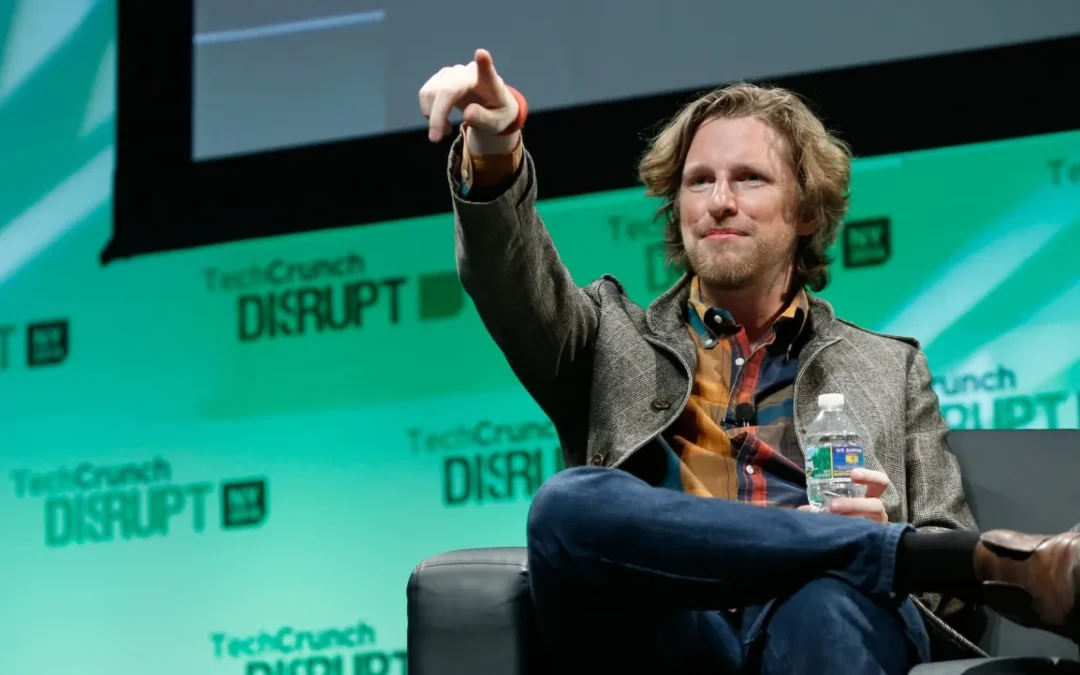In a fiery speech at WordCamp US 2024, WordPress co-creator and Automattic CEO Matt Mullenweg launched a scathing attack on WP Engine, calling the managed hosting provider a “cancer to WordPress.” Mullenweg criticized the company for profiting off the open-source WordPress project while giving little back in return. He pointed out that while Automattic contributes 3,900 hours per week to the development and growth of WordPress, WP Engine contributes only 40 hours, despite both companies being of similar size and revenue.
The tension between Mullenweg and WP Engine highlights a growing divide within the WordPress ecosystem. WP Engine, which has raised nearly $300 million in funding, has been criticized by Mullenweg for disabling key features like post revisions, which he claims damages the integrity and user experience of WordPress. This isn’t the first time Mullenweg has aimed at a web host; he previously called GoDaddy a “parasitic company” for similar reasons.
Mullenweg’s remarks have reignited a long-standing debate over the commercialization of WordPress, an open-source project that powers more than 40% of the web. While companies like Automattic and WP Engine provide hosting services and technical expertise, Mullenweg argues that these businesses must also contribute meaningfully to the community. He emphasized that the core of WordPress lies in its open-source philosophy, and companies benefiting from it should actively support its growth.
WP Engine’s ownership by private equity firm Silver Lake has also drawn criticism from Mullenweg, who accused the company of prioritizing profits over the sanctity of the platform. He expressed concern that their branding confuses users, making them believe WP Engine is an official WordPress service, further straining the trust within the WordPress community. Mullenweg also pointed out that even his mother was confused by WP Engine’s marketing, underscoring the potential damage to WordPress’s brand.
The controversy has sparked a broader discussion within the WordPress community about corporate influence and the future of the platform. While some support Mullenweg’s stance, others have called out the irony in his remarks, pointing to Automattic’s for-profit ventures, like WordPress.com, which has also blurred the lines between the open-source project and its commercial offerings. As the debate continues, Mullenweg’s comments have raised important questions about WordPress’s direction and the responsibilities of companies that profit from its success.
Sara Sheehan is a talented software engineer with a passion for exploring various tech topics. She has a strong expertise in web development, software development, and digital marketing, continually expanding her knowledge in these areas. Sara is dedicated to staying ahead of the curve in the ever-evolving tech industry, always seeking out new challenges and opportunities to grow her skill set.

